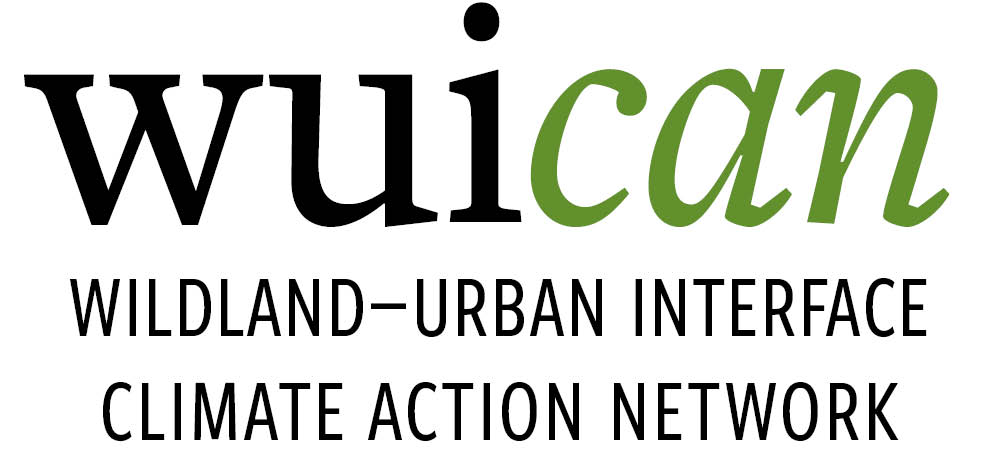
Jennellee Samkhem
June 9, 2025
From news outlets sharing images of flames overtaking Los Angeles County to increasingly common red flag warnings in Orange County, residents of Southern California are no strangers to wildfires. At Irvine Ranch Conservancy (IRC), Fire Prevention and Management Program Manager Madison Killebrew facilitates collaborative wildfire prevention efforts among various organizations and leads education efforts to help the public protect themselves, their communities and the California landscape from wildfire.
As a coastal Orange County native, Killebrew grew up enjoying the beaches and open areas of the region. Early on, she was passionate about making a difference. “I was the little kid on the street that would go door to door and collect all the bottles and things and turn them in, and talk about climate change,” she says.

In college, Killebrew studied Marine Sciences in order to understand the causes of climate change. Her field study in Belize led her to climate action. While researching a parasitic outbreak among lobster fisheries as a result of Hurricane Earl in 2016, Killebrew “saw first-hand how climate change impacts people’s livelihoods.” While bonding with the local fishermen, she learned that their way of life was at stake. “It was very striking to see how this hurricane killed off the lobster fishery and how that affected whole communities,” she remembers.
Killebrew’s field study deepened her passion for climate action. At Irvine Ranch Conservancy, she has been able to transition from a more research and academic approach to the operational and policy side of climate advocacy work. This includes IRC’s participation in WUICAN (Wildland-Urban Interface Climate Action Network). Killebrew and her colleagues at IRC work with fellow WUICAN partners to exchange ideas, and WUICAN’s community partnerships support IRC’s overall outreach.
For instance, Killebrew shared wildfire prevention measures with members of the community gathered in a synagogue in Aliso Viejo as part of a WUICAN-sponsored interfaith event on the topic of fire. Participating in such programs allows IRC to expand the organization’s conservation work by going outside “those 30,000 acres of open space that we’ve traditionally managed” and forging productive conversations with WUICAN’s community partners.

Killebrew is particularly proud of her work co-organizing IRC’s Wildfire Awareness Month programming. Activities included interpretive hikes around Southern California, community speakers, nature journaling and a wildfire prevention symposium. “We had something for everyone,” she says, explaining how IRC understands that some people may want to engage creatively, using their mind and body instead of defaulting to a lecture or seminar. “It was really cool to hear the feedback from public participants on how much they learned.”
Educating the public about the impacts of wildfire and how to prevent it is an important role for Killebrew at IRC. “It’s not just about the environment,” she says, “it’s also about the people who are affected by it.”
Jennellee Samkhem is a senior Comparative Literature major at the University of California, Irvine. She is a 2024-2025 WUICAN Climate Communications Fellow where she works with the UC Humanities Research Institute (UCHRI).
WUICAN acknowledges our presence on the ancestral and unceded territory of the Acjachemen and Tongva Peoples, who still hold strong cultural, spiritual and physical ties to this region.
Contact:
Research Justice Shop
researchjustice@uci.edu
Join the WUICAN mailing list


Follow us